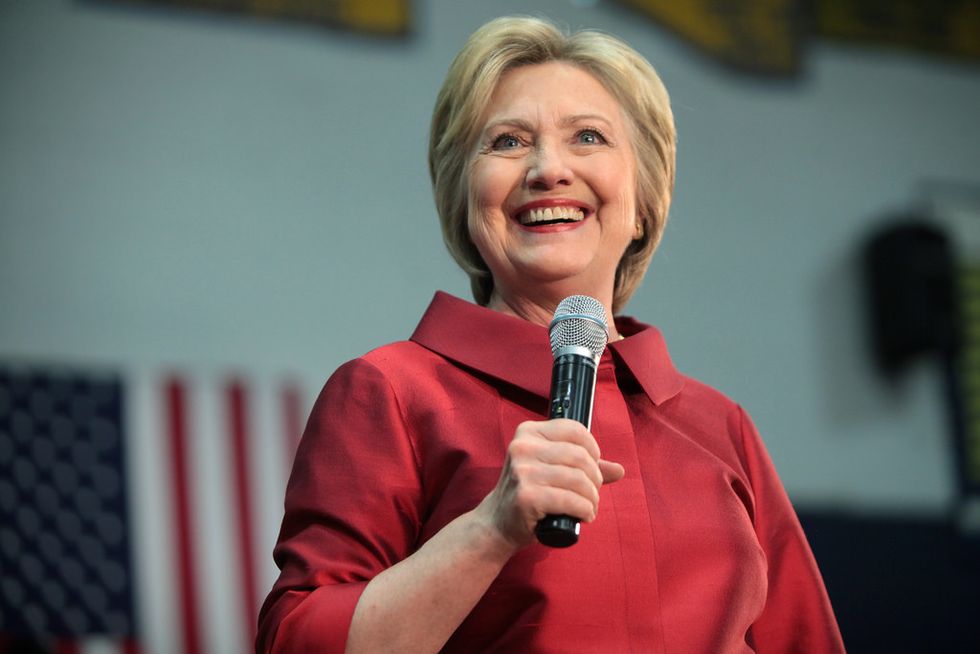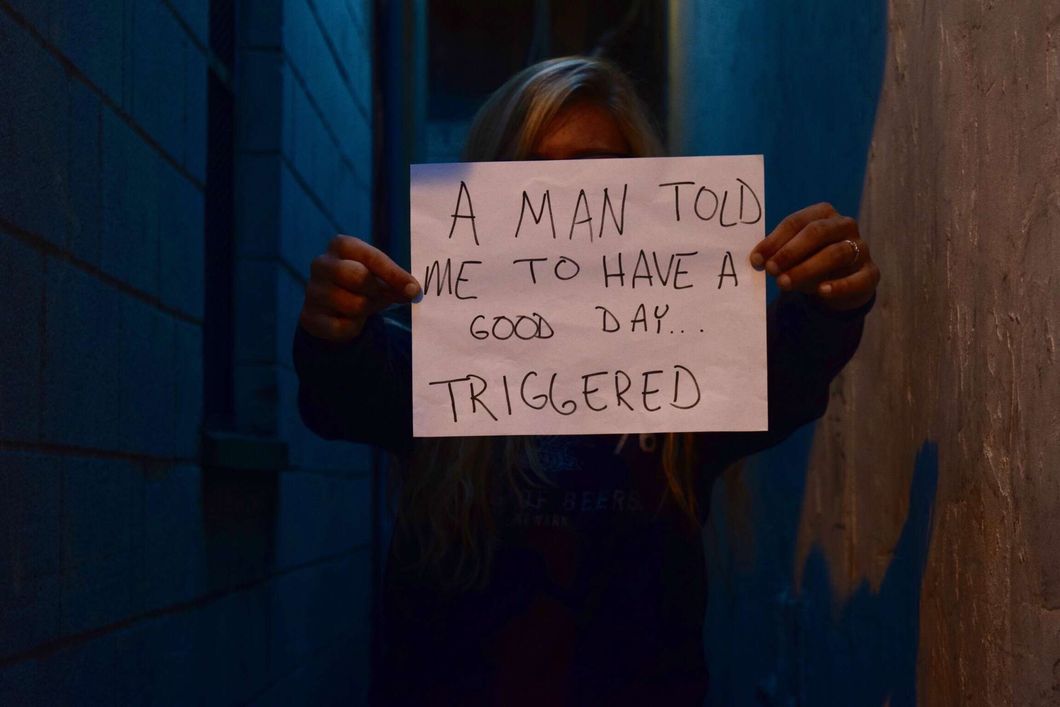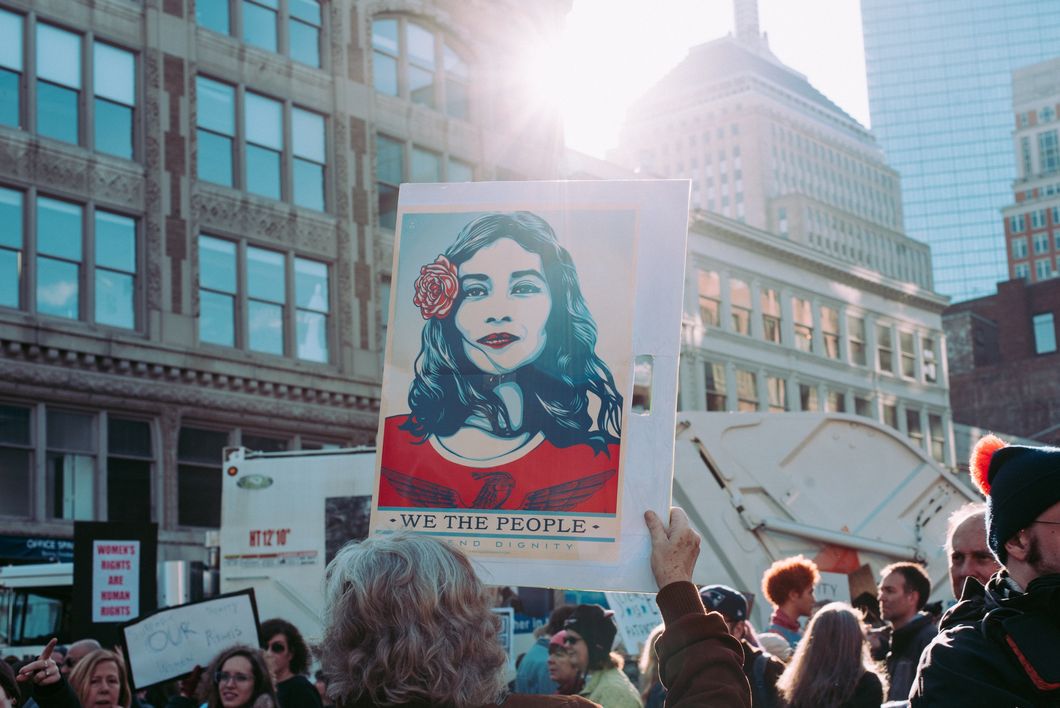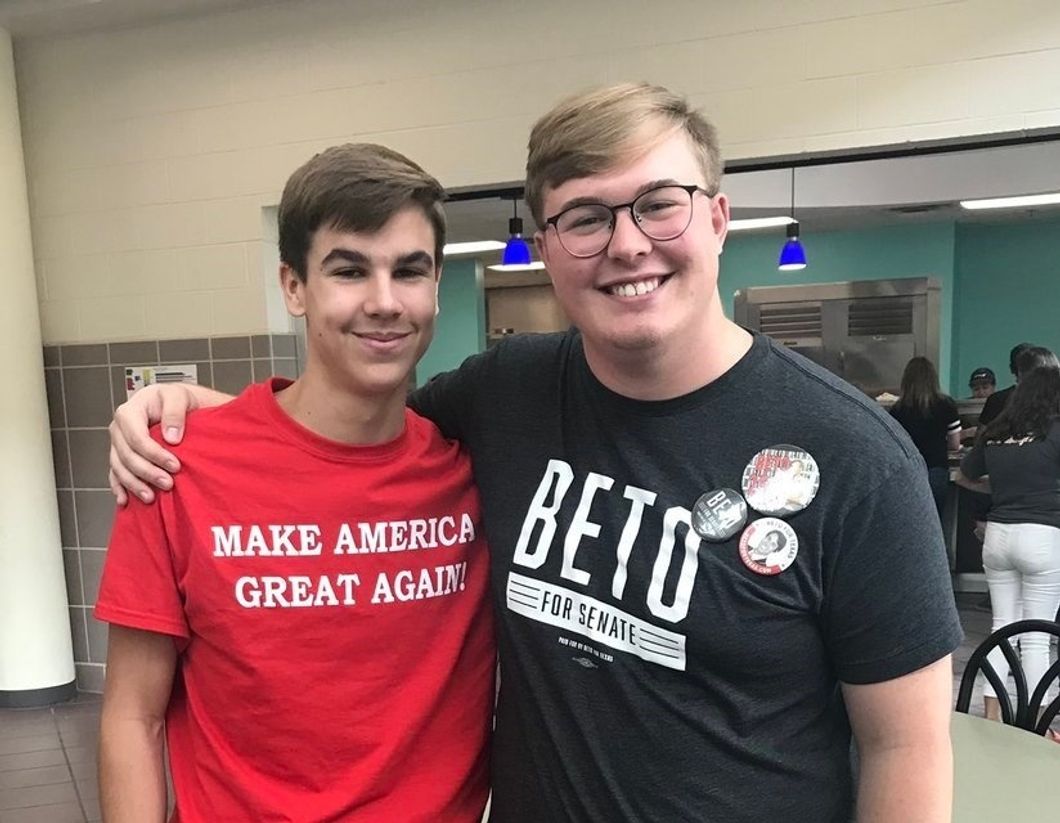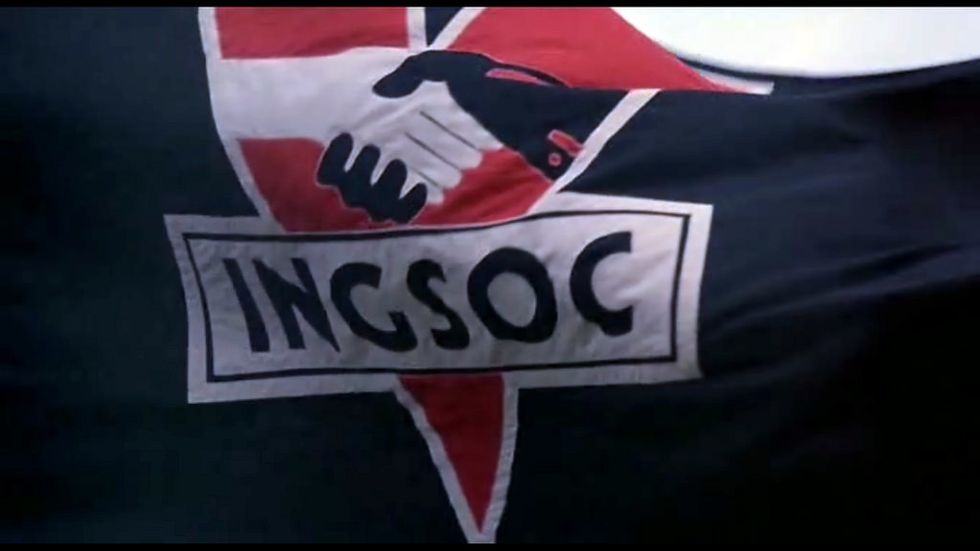Don't Let Your Politics Identify You
As identity politics draws lines in the sand is there a chance that soon we will have more than two main political parties?
The term identity politics refers to a common group, such as racial, religious, social, cultural, economic, and especially political alliances. This term has been used to identify the injustices of our society and in most cases characterizing their political beliefs. It gained power during the women's movement, the civil rights movement, the LGBTQ movement, and most recently the nationalist movement. As the Democratic candidates for the 2020 presidential election grow, the term identity politics has been a factor in our elections since the 1970s and will cloud our upcoming election even more than in 2016.
Identity politics has become the mainstream of our political discussion, it has caused each voter to decide which group to be part of. It is no longer Democrat, Republican, or Independent, now there is an added description to the party affiliation. The class or social distinction varies, whether it is White American, African American, Hispanic, Asian, male, female, gay, lesbian, wealthy, middle class, poor, Christian, Jewish, Muslim, as the list grows.
In the book, "Identity" by Frances Fukyama, he explains, "In the United States, identity politics has fractured the left into a series of identity groups that are home to its most energetic political activists. It has in many respects lost touch with the one identity group that used to be its largest constituency, the white working class. This has spawned the rise of a populist right that feels its own identity to be under threat, abetted by a president whose personal vanity is tied to the degree of anger and polarization he can stroke." The once silent groups now have a voice in our society and they have become louder and stronger and caused the white working class to feel they are no longer recognized as the primary group.
For example, the citizens in middle American, commonly known as the rust belt, became more and more disenfranchised from the government in Washington DC. These middle to upper class, blue-collar workers have struggled for the past several decades to keep their jobs, their homes, their health insurance, and keep their loved ones from becoming victims of the ever-growing opioid crisis.
They were firmly rooted and stubborn. Not willing to go back to school or change their career paths. The blue-collar man was left behind and becoming angrier as the banks foreclosed and their towns emptied of all other enterprises. They did not want to hear that it was time to move on, leave the confines of your family heritage or adapt to the ever-changing society and economic environment.
Along comes a "millionaire" candidate that puts on a circus atmosphere with his catchy phrases and promises that have no clear plan. He pointed his finger at minorities and blamed them for all White American's problems. He gave them an excuse. He convinced them he was the only one who was going to give them their piece of the American pie.
They took him at his word because he wasn't from the nation's capital, a politician that told them to move on. His macho image and never apologize swagger convinced most of the men and women in middle America that he was going to "drain the swamp" in Washington DC as the new sheriff akin to "Wyatt Earp." He would bring back their jobs and prosperity would once again be in their view. His ability to use fear and hate as a platform took the nationalist party into the mainstream of politics.
As the nationalist party takes on a life of its own, it becomes clear that a candidate that focuses entirely on the cultural left issues will be challenged to prove their worth. After the 2016 election, the candidates accepted the fact that they overreached when it came to their focus on identity politics and renouncing a more universal appeal.
In an article from The Nation, Walter Benn Michaels writes, "It's not racism that creates the difference between classes; it's capitalism. And it's not anti-racism that can combat the difference; it's socialism. We're frequently told that black poverty is worse than white poverty—more isolating, more concentrated—and maybe that's true. But why, politically, should it matter? You don't build the left by figuring out which victim has been most victimized; you build it by organizing all the victims. When it comes to the value of universal health care, for example, we don't need to worry for a second about whether the black descendants of slaves are worse off than the white descendants of coal miners. The goal is not to make sure that black people are no sicker than white people; it's to make everybody healthy. That's why they call it universal."
Everyone wants to be defined, but there is an overreach when it comes to the labels. As a teenager having a label put on us was degrading and at times emotional, yet as adults, it seems we can't help but put a label on ourselves and others especially when it comes to our politics. As identity politics draws lines in the sand is there a chance that soon we will have more than two main political parties? Will this be a change that is needed to become a more cohesive America?

